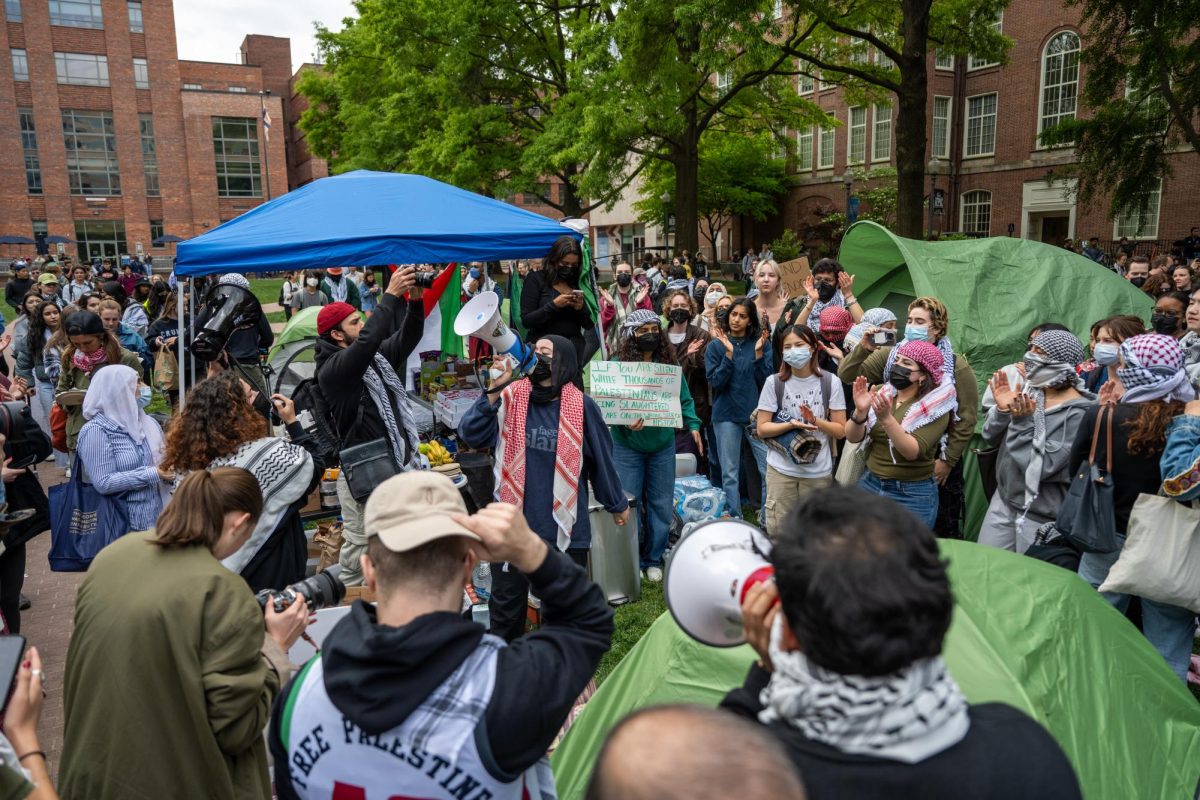GW law Professor Jonathan Turley described his day of testifying before the House Judiciary Committee Monday as “just an extraordinary day.”
Turley was part of a group of academics and historians who were asked by legislators to determine what presidential actions should be considered “high crimes and misdemeanors” under the Constitution’s impeachment clause.
While Turley and other scholars said they expected plenty of disagreement on the subject, he said the atmosphere on Capitol Hill was “marvelous.”
“Just being among people with such a shared passion was wonderful,” Turley said. “The debate never became hostile.”
Turley said all the witnesses understood the magnitude of their role in helping set a longstanding precedent.
Turley was the final witness to testify, mapping out his interpretation of the Constitution’s impeachment clause in about 80 typed pages.
Turley said the thrust of his testimony hinged upon the words of Alexander Hamilton, who insisted an impeachment vote should go before the Senate. He said the House would not be fulfilling its constitutional duty if it did not send the matter for a Senate vote.
To dig deeper into the intentions of the framers of the Constitution, Turley said the group testifying had to look back in time at what the nation’s forefathers had in mind.
As debate spilled over into the halls of Congress, Turley said the scene conjured up images that virtually made the framers come to life.
“People got so engrossed in their arguments that they almost seemed to be taking on the persona of particular framers,” Turley said. “In fact, at one point I thought I actually saw James Madison and George Mason duking it out in the Rayburn House Office Building.”
Because of the vague and brief nature of the impeachment clause, much of the debate focused on small, seemingly insignificant details of the clause, Turley said.
“We spent a great deal of time arguing over James Madison’s state of mind on Sept. 8, 1787,” Turley said.
Turley said he took several of his law students to watch the debate but got only one student into the hearing. The remaining students sat in a House of Representatives committee room to observe the day’s events.
In light of the recent resignation of House Speaker Newt Gingrich (R-Ga.), Turley said he thinks President Clinton’s impeachment is unlikely.
“I think it simply added a bit of a chaotic element,” he said. “I have faith that the right thing will be done.”






